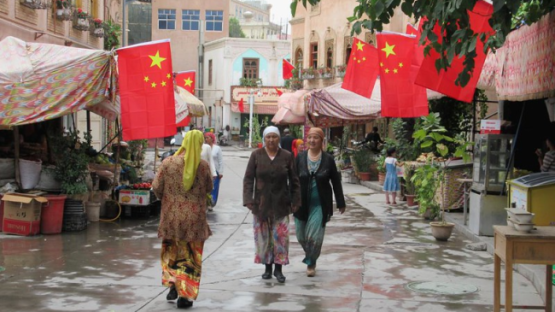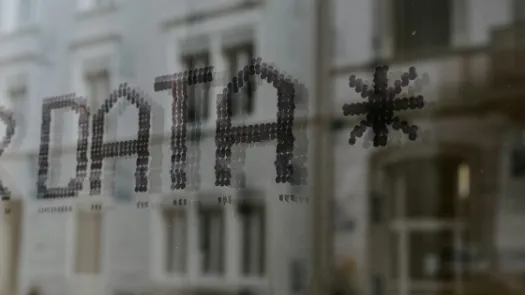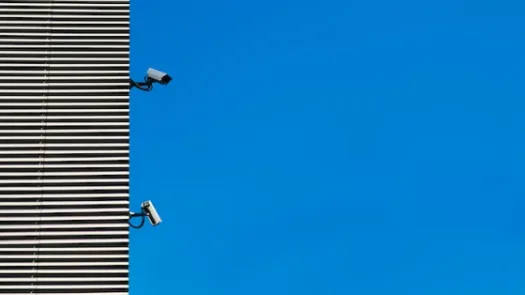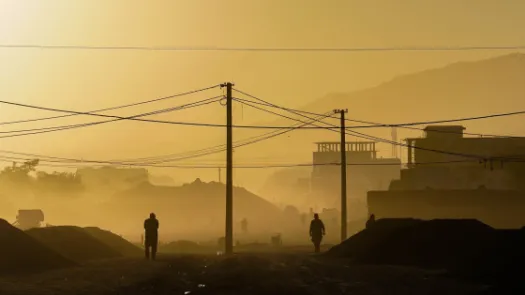
…it can protect us from being discriminated against
Everyone can claim their rights regardless of sex, race, language, religion, social standing, etc.

In the Xingjiang region of Western China, surveillance is being used to facilitate the government’s persecution of 8.6million Uighur Muslims.
Nurjamal Atawula, a Uighur woman, described how, in early 2016, police began regularly searching her home and calling her husband into the police station, as a result of his WeChat activity.
WeChat is a Chinese multi-purpose messaging, social media and mobile payment app. As of 2013, it was being used by around 1million Uighurs, but in 2014 WeChat was forced to allow the Chinese government to monitor people’s conversations. These are unlawful, disproportionate surveillance practices.
Atwula and her children decided to move to Turkey in order to escape this harassment. As soon as she left, her husband was arrested. Her friends and relatives deleted her from their WeChat contacts over fear that contact with a non-Chinese phone number could get them arrested, isolating her from her community.
Surveillance of WeChat was only the beginning – Chinese authorities have been dramatically expanding their surveillance capacity in Xinjiang. Since 2016, they have begun to forcibly collect the genetic and biometric data of the Uighur population, under the disguise of a free annual healthcare program, known as Physicals for All. Collection of biometric data of Uighur population was limited until then to passport holders.
Tahir Imin, a 38 year-old Uighur, man recalls his free ‘health check’. They drew blood, scanned his face, recorded his voice and took fingerprints. When he asked to see his results they replied, “you don’t have the right to ask about this…If you want to ask more, you can go to the police.”
As detailed in an official document called the Working Guidelines on the Accurate Registration and Verification of Population, these ‘free health checks’ are anything but what they claim to be. Instead this scheme includes conducting facial scans and voice recognition at mandatory checkpoints. Facial recognition technologies have been programmed to perform discriminatory practices of “minority identification” in which the technology identifies Uighur and Non-Uighur faces.
The data collected combined with the technology deployed allows the authorities to comprehensively track and control the Uighur population. This surveillance has facilitated the arrest and detention of around 1 million people in “re-education” camps as of 2018. Individuals in the camps are reported to being subject to torture, they are forced to learn Mandarin, renounce their faith and swear loyalty to the president Xi XinPing.
The Chinese authorities’ attempt to eradicate Uighur Muslims began with the erosion of privacy
Everyone is entitled to all the rights and freedoms set forth in this Declaration, without distinction of any kind, such as race, colour, sex, language, religion, political or other opinion, national or social origin, property, birth or other status.
Furthermore, no distinction shall be made on the basis of the political, jurisdictional or international status of the country or territory to which a person belongs, whether it be independent, trust, non-self-governing or under any other limitation of sovereignty. Article 2, Freedom from discrimination
* Photo by David Stanley available at Flickr



